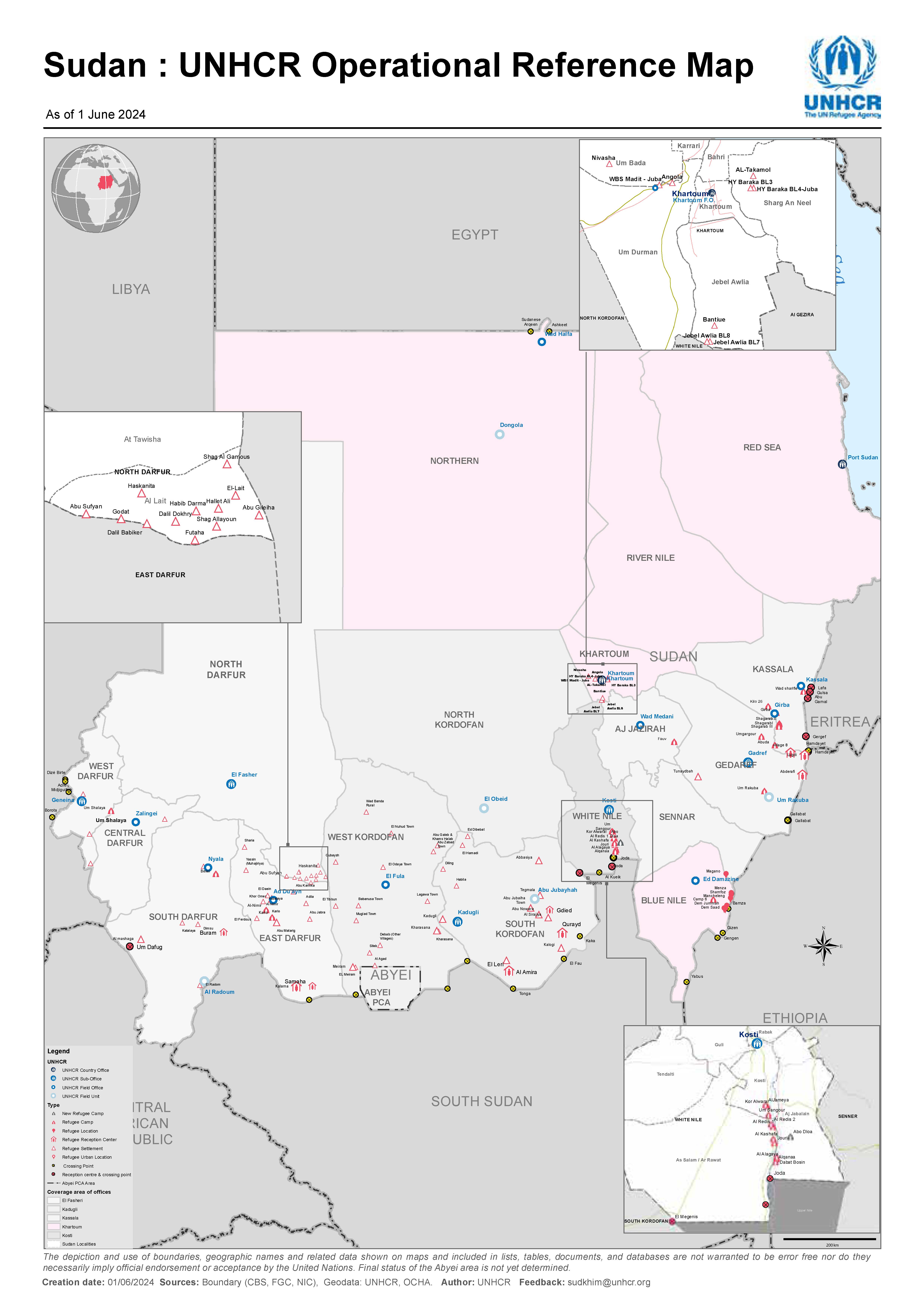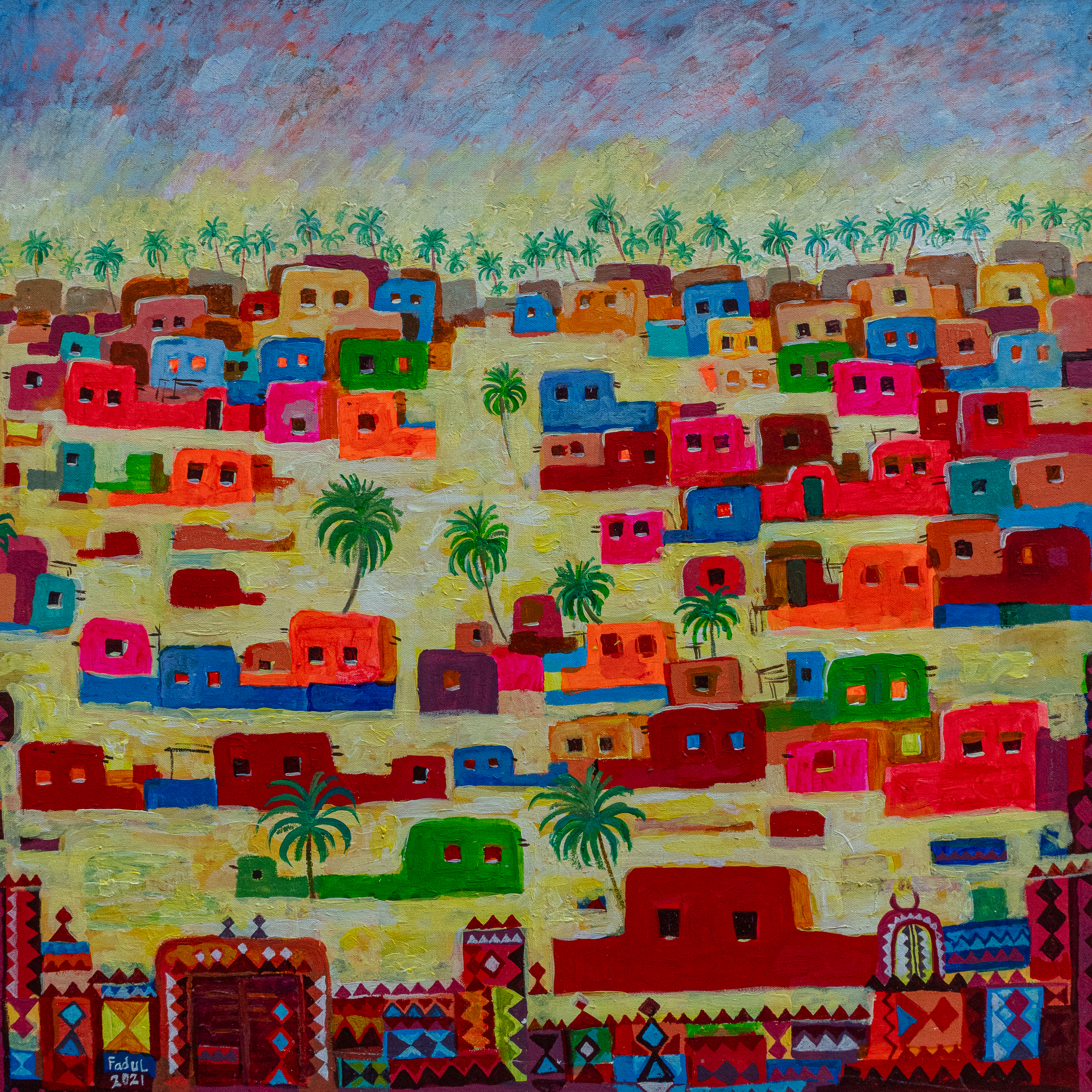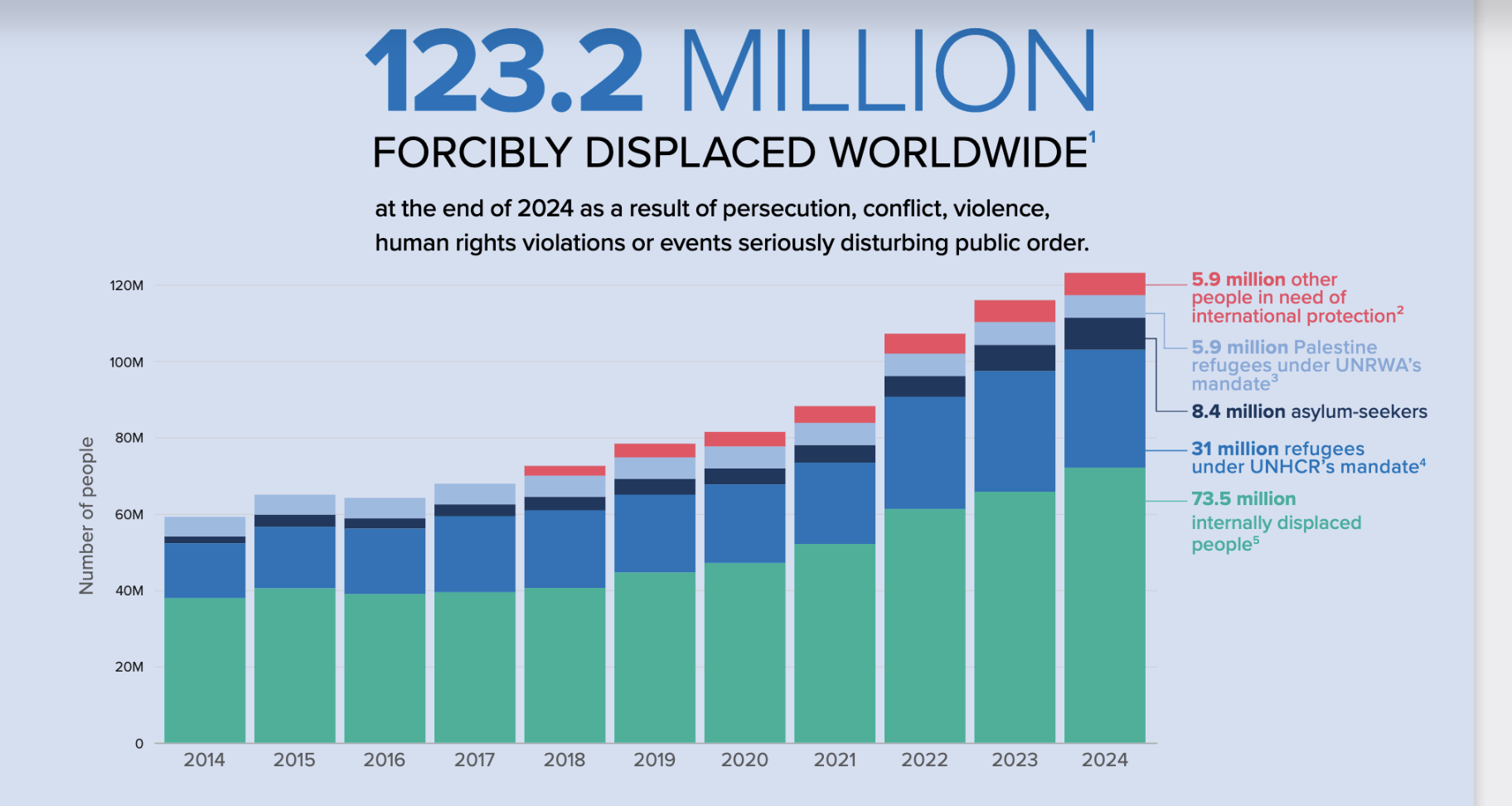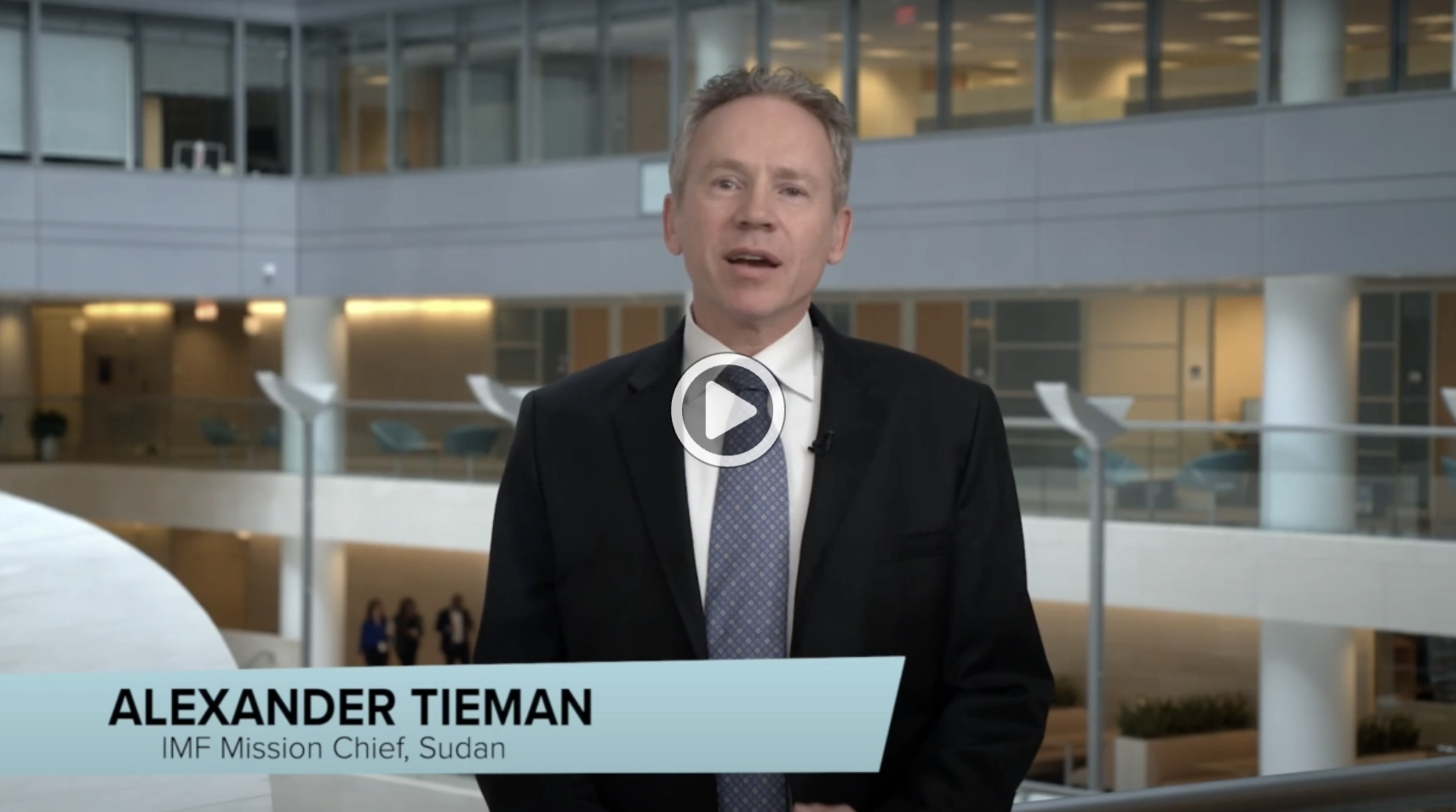Sudan
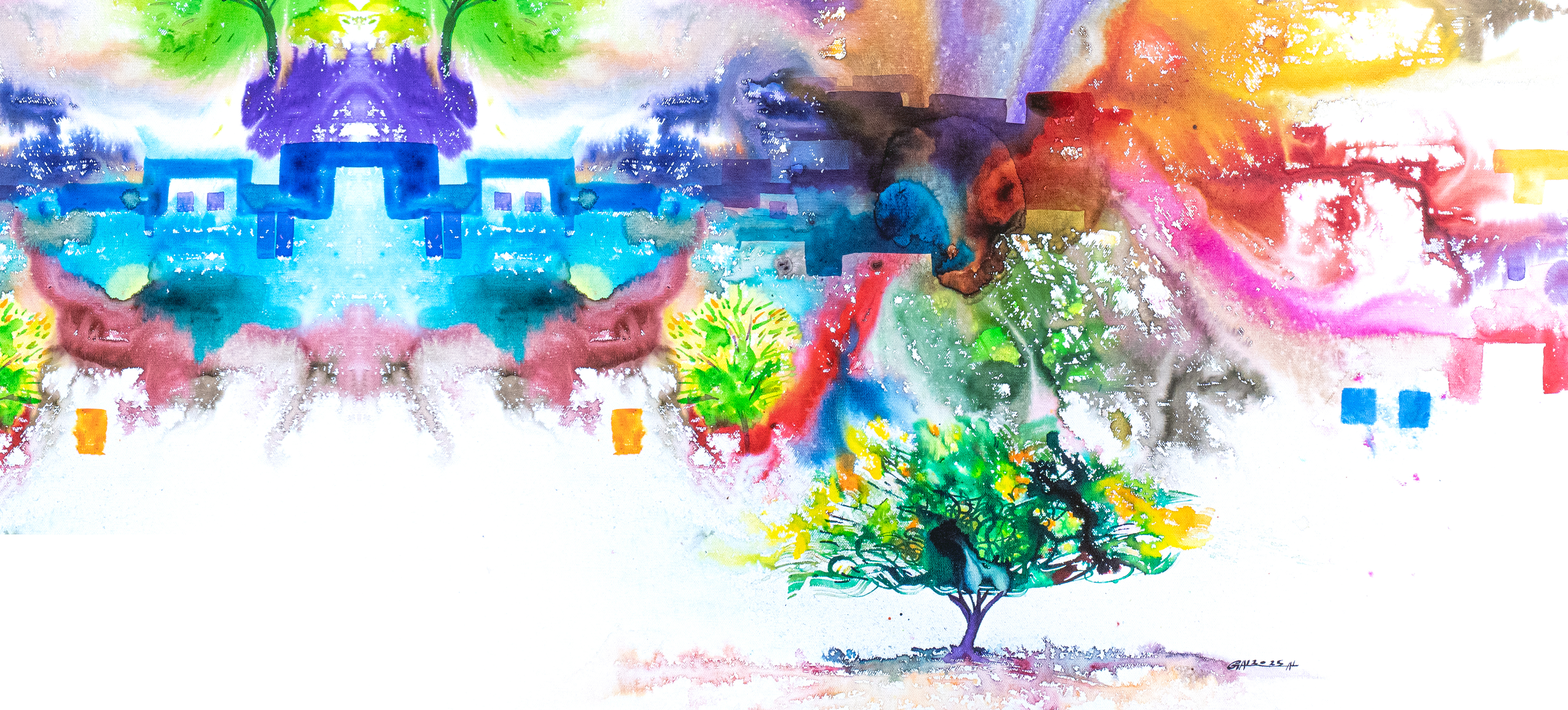
Sudan
On this page
Sudan in Crisis
Sudan is the world’s largest displacement crisis and represents one of the greatest development challenges on the African continent.
Sudan, home to 50 million people, is the world’s largest IDP hosting country, with over 11 million people forcibly displaced internally, of whom almost 8.6 million are displaced since April 2023. The conflict has also driven over 3.9 million people to flee to neighbouring countries in search of safety and basic assistance. An estimated one in three Sudanese has been forcibly displaced.
Sudan simultaneously ranks as Africa’s 4th largest refugee hosting country, with 838,000 refugees and asylum-seekers living within its borders. Sudan has stayed steadfast in its commitment to host refugees and has kept its borders open despite its own internal struggles.
Sudan is also a source, transit, and destination country for refugees, asylum-seekers, and migrants across the sub-region towards Europe and the Middle East.
According to the World Bank, the conflict has been devastating to Sudan with decades of development progress lost. The economic impact has been profound. The country’s gross domestic product (GDP) contracted by 20% in 2023 and 15% in 2024 and there is soaring inflation and widespread food insecurity. The conflict has exacerbated many of Sudan’s existing challenges, including economic and political instability, inter-communal conflicts, disease outbreaks, and climate-induced emergencies.
All 18 states of Sudan have been affected by the conflict and by recurrent extreme weather events linked to climate change like floods and drought which destroy crops and livestock. With the disintegration of the state systems, communities continue serve as the first responders to the crisis. Some areas of the country are still zones of active fighting, where access to life-saving humanitarian assistance is essential. Other areas of the country, where millions of IDPs and refugees have sought refuge from the conflict, have been spared active fighting.
UNHCR and its partners have advocated for area-based responses to the conflict which are inclusive of all the forcibly displaced – IDPs, refugees, asylum-seekers and returnees – alongside host communities as they have all been adversely affected and have become increasingly reliant on humanitarian aid as the conflict rages on. The competition for resources and assistance is high between the communities, and without support to build community resilience and social cohesion, the risks and likelihood of tensions arising are significant, adding to the already complicated conflict profile of the country.
The Development Action Platform for the Sudan Regional Crisis seeks to spotlight promising areas for development investments in neighbouring countries of asylum and return. The Development Action Platform also seeks to highlight opportunities in Sudan and will build out dedicated content at State-level to support forcibly displaced, returnee and host communities, and in doing so, suggest priority development interventions. In the first phase, Gedaref, Kassala, Red Sea, River Nile and White Nile States will be developed. As peace returns to Sudan, more areas will be highlighted for consideration.
Sudan: A Refugee-Hosting Country
Sudan has a long-standing tradition of hosting refugees and has for decades generously kept its doors open to people fleeing conflict and persecution. It ranks as a country who has provided protection for one of the longest periods, for nearly six decades since 1967. Even to this day, Sudan has kept its borders open to new refugees arriving, and an estimated 19,000 have sought asylum in the country since the start of the conflict in April 2023, mainly from Eritrea, South Sudan and Ethiopia.
Until the start of the conflict in April 2023, Khartoum hosted the largest number of refugees (approximately 310,000) followed by White Nile State, Kassala State and East Darfur State. An estimated 70% of the refugees lived outside of camps, within local communities in towns and villages that host them on their land. States with the largest out of camp populations included Khartoum, White Nile, West Kordofan and South Darfur. The remaining 30% of the refugees live in 22 camps in across four states.
The conflict has had the biggest impact in Khartoum, Al Jazirah, Kordofan and Darfur States, where not only government services, national infrastructure and local economies have collapsed, but also where many refugees and asylum seekers are located. Nearly one third of all refugees have since the war began been secondarily displaced within Sudan, and now the largest hosting states of refugees are White Nile, Kassala and Gedaref.
Even as the conflict rages on, the refugee population numbers remain stable. But assistance trends are shifting, and the number of refugees dependent on assistance has grown as refugees who were previously self-reliant in urban areas affected by the conflict have sought safety and assistance in the existing camps. UNHCR estimates that 65% of the refugee population now live in camps.
The secondary displacement of refugees inside to Sudan to relatively safer states have put strains on already limited resources, infrastructure and social services. This comes on top of myriad ongoing challenges, including limited access to healthcare, employment opportunities, as well as multiple protection issues, including sexual violence and family separation. The dire circumstances in which they find themselves often exacerbate their vulnerability, leaving them susceptible to exploitation, violence and human rights abuses. Refugee children are often deprived of their rights, such as the right to access essential services, live in a protective family environment, birth registration and healthcare.
Data in Sudan
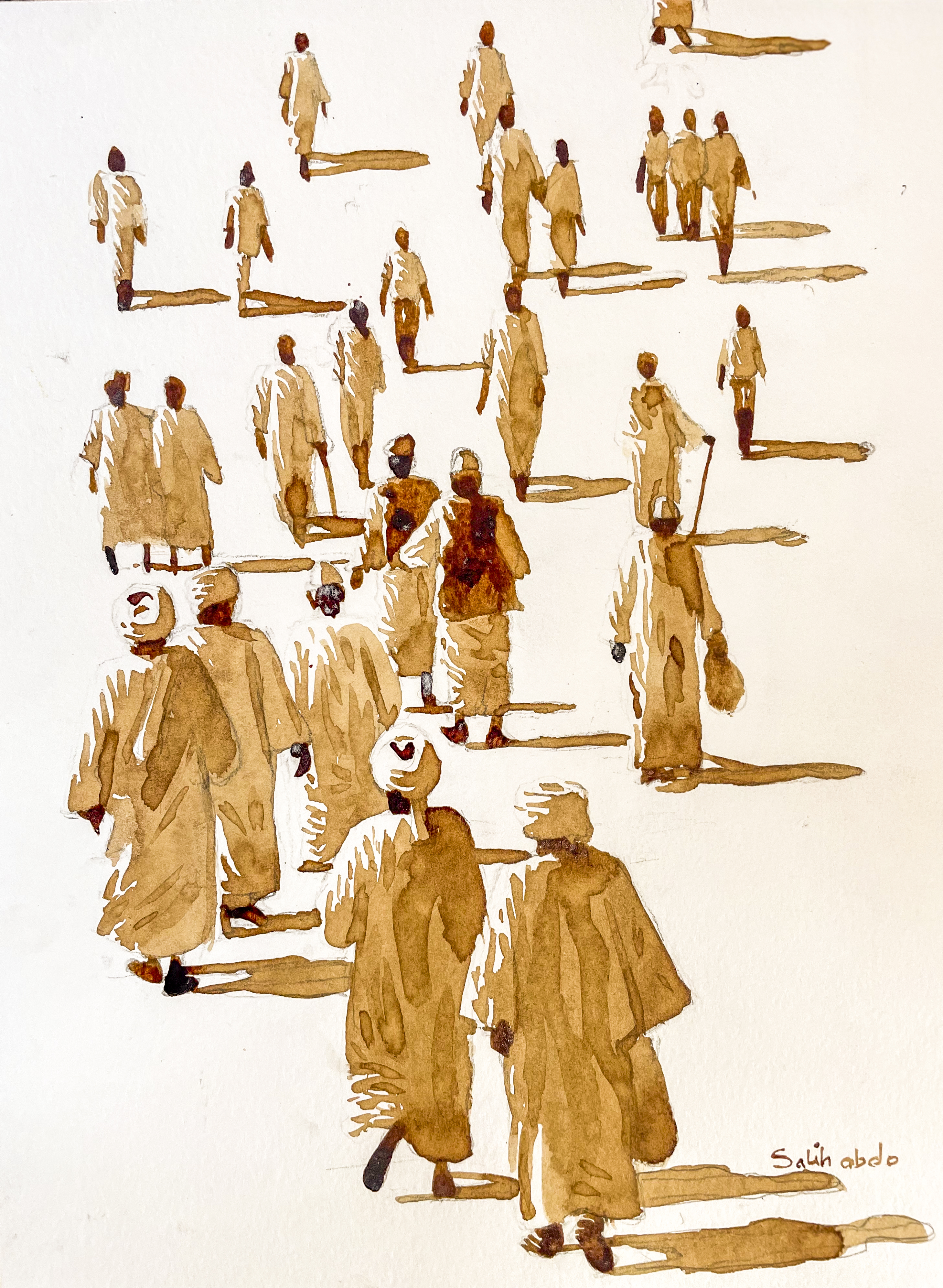
Data in Sudan
The World Bank’s Sudan High-Frequency Phone Survey has been calling households since October 2024, swiftly capturing shifts in displacement, assets, food security, mental health, education and employment. This data seeks to inform policy priorities and project design by the World Bank and other development actors.
A Conversation with the IMF Mission Chief for Sudan
Documents Library - Sudan
- International Labour Organization (ILO)
- International Labour Organization (ILO)
- UN Development Programme (UNDP)
- Mixed Migration Centre (MMC)
- Mixed Migration Centre (MMC)
- Mixed Migration Centre (MMC), UN Refugee Agency (UNHCR)
- Mixed Migration Centre (MMC)
- Mixed Migration Centre (MMC)
- Mixed Migration Centre (MMC)
- UN Refugee Agency (UNHCR), Mixed Migration Centre (MMC)
- Mixed Migration Centre (MMC)
- UN Office for the Coordination of Humanitarian Affairs (OCHA), UN Refugee Agency (UNHCR)
- UN Refugee Agency (UNHCR)
- UN Refugee Agency (UNHCR)
- UN Development Programme (UNDP), International Food Policy Research Institute (IFPRI)
- International Food Policy Research Institute (IFPRI), UN Development Programme (UNDP)
- Integrated Food Security Phase Classification (IPC)
- Integrated Food Security Phase Classification (IPC)
- UN Refugee Agency (UNHCR)
Contacts
UNHCR: Hélène Atrafi, Senior Development Officer ([email protected])
UNHCR: Richmond Msowoya, Livelihood and Economic Inclusion Officer ([email protected])
UN-Habitat: Wala Abdelmuati, Representative ([email protected])
ILO: Stephen Opio ([email protected])

